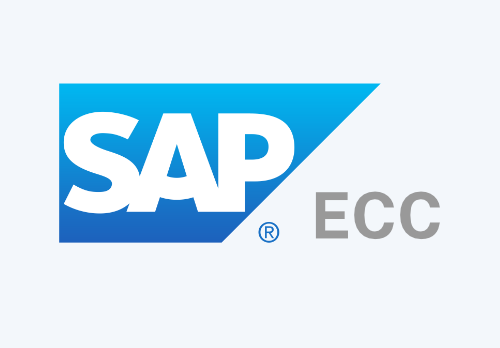
07 Oct 2025
Why ECC to S/4HANA Migrations Are No Longer Optional in 2026: Countdown to 2027
Introduction As the clock ticks toward 2027, SAP has made one thing clear — SAP ECC (ERP Central Component) is reaching its end of mainstream support. Organizations still running on ECC or Business Suite 7 must now prepare to migrate to SAP S/4HANA, not as an option, but as a strategic necessity. At Cokonet Academy, we help professionals and enterprises understand, prepare, and upskill for this critical digital transformation journey.
SAP has announced the following critical milestones every business leader and consultant should know:
- End of mainstream maintenance for ECC 6, EHP 05 – No more updates, patches, or legal compliance support.
- End of mainstream maintenance for ECC 6, EHP 68 (Business Suite 7) – Full support stops, impacting functionality and compliance.
- Extended Support until 2030 (Paid) – Only for ECC 6 EHP 68, and at a much higher cost, with limited updates. -** Private Edition Transition Option** – Available only for select enterprises under RISE with SAP, with conditions and trade-offs.
Why Migration to SAP S/4HANA Is No Longer Optional?
1. End of Support = Increased Risk Without SAP updates and patches, ECC systems face major security vulnerabilities, compliance gaps, and legal risks — especially in financial reporting and data protection.
2. Rising Costs & Technical Debt Maintaining outdated customizations, legacy databases, and third-party support contracts increases long-term IT costs and reduces agility.
3. Lost Innovation & Integration Limitations Modern tools like SAP Fiori, Embedded Analytics, AI, and Machine Learning are exclusive to S/4HANA. Staying on ECC means missing out on innovation and integration with cloud technologies and SAP BTP.
4. Competitive & Market Pressure Companies that migrate to S/4HANA gain faster insights, automation, and decision-making — leaving late adopters at a competitive disadvantage.
5. Talent Shortage SAP consultants are rapidly shifting their focus from ECC to S/4HANA. Skilled ECC resources are becoming scarce, making future support harder and costlier.
What Happens If You Delay Migration?
Increased risk of system downtime or failures
Difficulty finding experienced ECC consultants
Compliance issues with evolving global regulations
Higher cost of ownership and technical inefficiencies
Damage to brand reputation in modernized industries
What You Should Do in 2026 to Prepare?
1. Conduct a System Assessment Identify your ECC version (EHP 05 or EHP 68). Review custom code, integrations, and hardware readiness.
2. Create a Migration Roadmap Choose between Greenfield (new implementation) or Brownfield (conversion). Estimate timelines, budgets, and resources.
3. Clean and Standardize Data Fix duplicate or obsolete data. Establish strong Master Data Governance for analytics.
4. Focus on Change Management Train users on SAP Fiori UX and new workflows. Build internal change leaders to guide teams.
5. Explore SAP Tools Utilize Readiness Check, Transformation Navigator, and RISE with SAP.
The Strategic Edge of Moving to S/4HANA
Migrating to S/4HANA unlocks:
Real-time analytics and performance reporting
Simplified data models through Universal Journal (ACDOCA)
Predictive insights and automation
Modern UX and integrated business processes
At Cokonet Academy, we train professionals in SAP FICO on S/4HANA, helping them gain industry-ready skills to support this transition confidently.
By 2027, running ECC will no longer be sustainable. The earlier you plan your S/4HANA migration, the lower your risk and cost. Migration isn’t just an IT upgrade — it’s a business transformation that ensures continuity, compliance, and competitiveness.
Get Future-Ready with Cokonet Academy! Join our SAP S/4HANA FICO Training Program and prepare to lead digital transformations. Call us: +91 8075 400 500 Visit: www.cokonet.com

